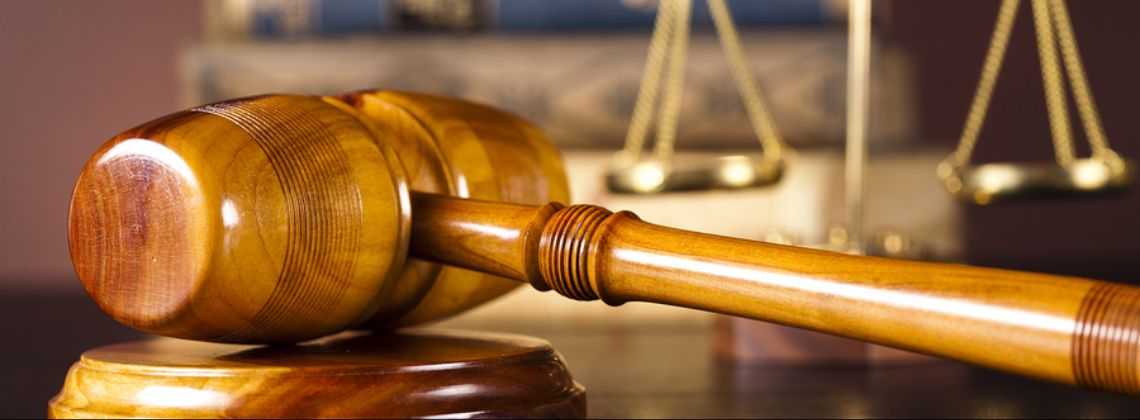
Our personal injury attorneys focus a lot of our time discussing various aspects of cases in order to achieve a favorable outcome for our clients before or at trial. This focus is understandable because without it the injured will not receive a recovery at all or not what they need. In this post, I want to focus on one area of a personal injury claim that clients are almost always unaware of and lawyers usually do not focus on until after a recovery has been received.
The topic is subrogation claims against your recovery by the entity paying your medical bills during the course of your treatment. That’s right. You are not done once you receive a settlement or verdict. You may entity money out of your settlement or verdict for medical expenses paid on your behalf.
What is a Subrogation Claim in a Personal Injury Case in Atlanta?
If you have a health insurance company or government program (think Medicare/Medicaid) paying your medical bills, you will be notified at some point that the company desires to make a claim for reimbursement of the money it paid for your treatment out of your settlement or verdict in your personal injury claim or case (called a subrogation claim which arises out of the language found in the insurance policy or government program documentation).
Even if you are not put on notice of the potential claim by the entity paying your bills, you and/or your personal injury lawyer has a duty to put the entity on notice by State or Federal law. You will not be able nor should you try to avoid the subrogation issue by simply not telling anyone about your case.
An Important Note About Settling A Subrogation Claim
{A note of caution at this point. Subrogation law is very tricky with numerous potential outcomes based on the specific facts of each case and the type of benefit plan at issue. The nuances of the right of subrogation cannot be covered fully in this blog post. Therefore, if you have significant medical bills and therefore a potentially large subrogation claim against you and your recovery, it is always wise to speak to a qualified personal injury lawyer in your area who can help you navigate the legalities of subrogation law and reimbursement.}
That being said, there are a few basic takeaways about subrogation claims that I have learned over the years handling catastrophic injury cases throughout Georgia. The most important takeaway is that these claims are negotiable and therefore you and your personal injury lawyer should always try to reduce the amount you owe out of your settlement or verdict for a subrogation claim.
How to Handle a Subrogation Claim in Atlanta
Why are these claims negotiable? First and foremost because the law in Georgia and the Federal law in certain subrogation claims is very plaintiff friendly. Georgia law allows for an argument against paying a subrogation claim after a car accident or other personal injury called the Made Whole Doctrine. In summary, this doctrine (if it applies in your situation—see disclaimer above about nuances) allows you and your personal injury lawyer to make the argument that your settlement or verdict was not large enough to trigger the entity’s right to reimbursement out of your settlement at all. The Made Whole Doctrine states that the plaintiff first has to be made whole for all of his or her economic and non-economic damages before the entity with the subrogation claim has a right to reimbursement.
Therefore, unless your settlement or verdict fully covers all of your medical expenses (past and future), all lost wages (past and future), any out of pocket expenses due to your injuries, and all of your pain and suffering damages, the subrogation claim does not exist under the Made Whole Doctrine and nothing is paid out of your settlement or verdict. Whether your settlement or verdict has made you whole is a determination to be ultimately made by a judge or jury.
The second reason these claims can and should be negotiated is because if you hired a lawyer to handle your claim/case Georgia and Federal law requires that the subrogation claim be reduced to cover your expenses in having to pay your lawyer for obtaining your recovery for you. This automatically reduces the full subrogation claim amount before you even make a Made Whole Doctrine argument and applies whether or not the Made Whole Doctrine is applicable in your situation or not.
The third and final reason these claims can and should be negotiated is a practical one. If you and your lawyer were to deny any payment to the subrogation entity, in order to recover, the subrogation entity would have to sue you and have a judge or jury agree that it has a right to subrogation. This is a very expensive endeavor for the company and likely will not occur if the subrogation claim is small to begin with.
Even if the claim is large, if the Made Whole Doctrine applies, the company knows that suing you and getting a judge or jury to say you were completely made whole through your settlement or verdict is highly unlikely. At the end of the day, this is why subrogation claims should be negotiated for a very reasonable amount. The insurance company and/or government program does not want to spend the time and money pursuing you in court if it can be avoided. However, that is not to say lawsuits have not occurred over the subrogation issue. They have.
Seek Legal Representation For Issues Related to a Subrogation Clause
When you have received a settlement or verdict for your injury claim or case, your and your lawyer’s work is not over. Any subrogation claims need to be dealt with expeditiously by an experienced Atlanta personal injury attorney. The best result in our opinion is to quickly deal with the subrogation after settlement for as little money as possible so you have closure of all issues involving your personal injury case.









